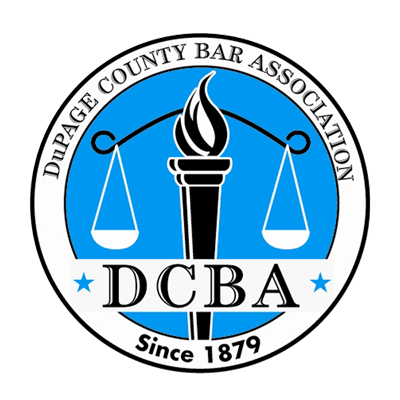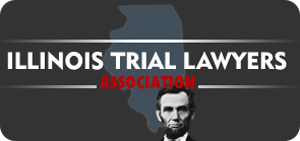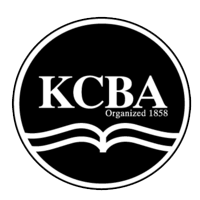
Essential workers in Illinois have been out on the front lines during the COVID-19/coronavirus outbreak. Healthcare workers are protecting the sick and elderly, grocery-store employees are keeping food on the shelves, and delivery drivers are a lifeline to those under quarantine. By working so others can stay home, essential workers may be at an increased risk of exposure to the virus.
In April, the Illinois Workers’ Compensation Commission (IWCC) passed an emergency rule that would have presumed front-line workers who got sick were exposed to the virus through their employment. However, business groups quickly responded with a lawsuit and now the IWCC repealed the rule.
Just because the emergency rule was repealed does not mean that you don’t have a valid workers’ comp claim if you got sick related to COVID-19. If you are unable to work and your workers’ comp claim was denied, contact an experienced, local workers’ comp lawyer to help get benefits you deserve.
Illinois Workers’ Comp Claims
Under the Illinois Workers’ Compensation Act, employees who are injured, get sick or become disabled on the job can get benefits. The Act provides benefits to the employee including:
- – Payment from lost income when the individual is not able to work.
- – Medical treatment
- – And, in certain situations, a lump sum settlement.
Generally, these protections include exposure to a dangerous virus where the worker falls ill and is unable to work. For example, an EMT who works 12-hour shifts in providing emergency care contracts COVID-19 from a patient. If the EMT gets sick and is unable to work for three weeks, the EMT should be protected by workers’ comp to get financial benefits and medical care.
Repealed Emergency Coronavirus Rule
As the COVID-19 epidemic spread, the IWCC passed an emergency rule on April 16, 2020, to help those frontline workers who were at higher risk of contracting the virus. The draft rule provided that a COVID-19 first responder or front-line worker with an injury, occupational disease or period of incapacity which resulted from exposure to the COVID-19 virus, would be entitled to certain presumptions.
Those workers who were exposed during the COVID-19 disaster proclamations had a rebuttable presumption that the exposure arose out of and during the petitioner’s COVID-19 employment. Additionally, exposure was presumed to be causally connected to the hazards or exposures of the petitioner’s COVID-19 first responder or front-line worker employment.
Front-line workers and first responders included:
- – Police
- – Fire personnel
- – Emergency medical technicians
- – Paramedics
- – First responders
- – Health care providers engaged in patient care
- – Corrections officers
- – Essential government workers
- – Essential infrastructure workers
- – Grocery store workers
- – Food and beverage workers
- – Social service workers
- – Gas station workers
- – Hardware and supply store workers
- – Bank employees
- – Other essential operations identified under the Illinois executive orders.
The effects of this rule would be to speed up the process of approving workers’ comp benefits for front-line workers and ensure those who are most susceptible to exposure to COVID-19 are afforded the full protections of Illinois workers’ comp laws. Unfortunately, for front-line workers, businesses did not want to pay benefits even to workers who got sick because of their employment.
Business Interests Over Workers’ Health
Business groups, including the Illinois Manufacturers’ Association and Illinois Retail Merchants Association, filed a lawsuit to put an end to the emergency rule, claiming the commission had exceeded its authority. In the face of the legal action, the IWCC repealed the emergency rule.
Without the emergency rule, workers are still protected under Illinois workers’ comp laws. However, they may face challenges from employers or insurance companies who are more interested in their profits than the well-being of their employees.
Your Right to Workers’ Comp Benefits in Illinois
When employers and workers’ compensation insurance providers challenge COVID-19 workers’ comp claims by essential workers, many workers just give up. Before giving in and letting the insurance company win, ask for help from an experienced Cullotta Bravo Law Group workers’ comp lawyer.
A workers’ comp claim related to coronavirus or COVID-19 may require medical treatment, and take you off the job for weeks and cost you out-of-pocket for medical treatment. If you suffered an illness or injury on the job in Aurora or the Chicagoland area and the employer denied your claim, contact the Cullotta Bravo Law Group today to schedule your free consultation.





